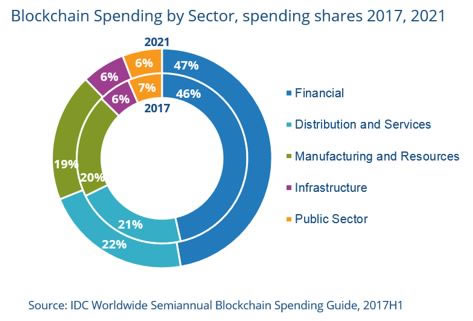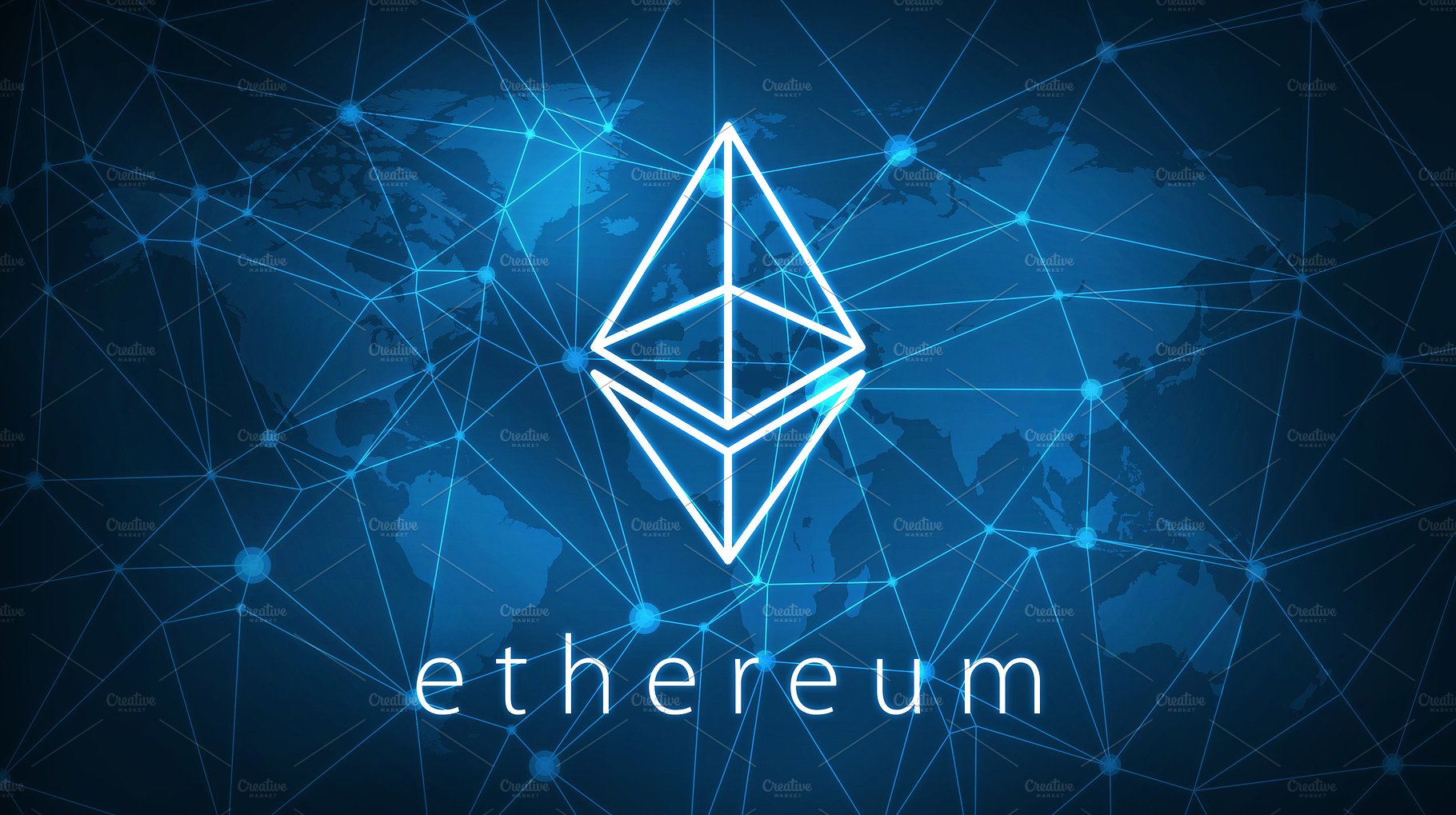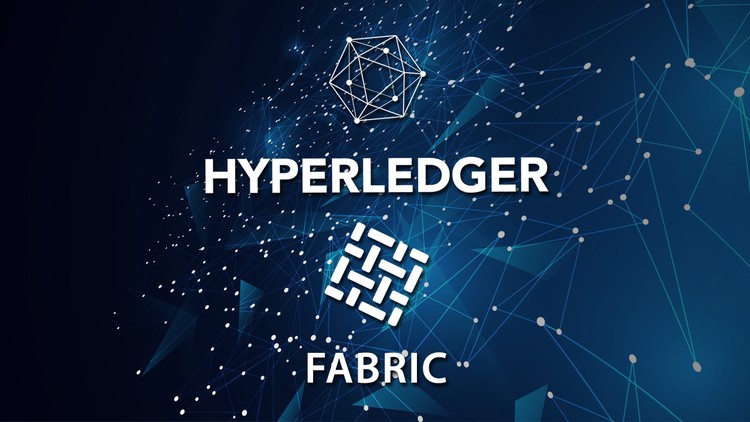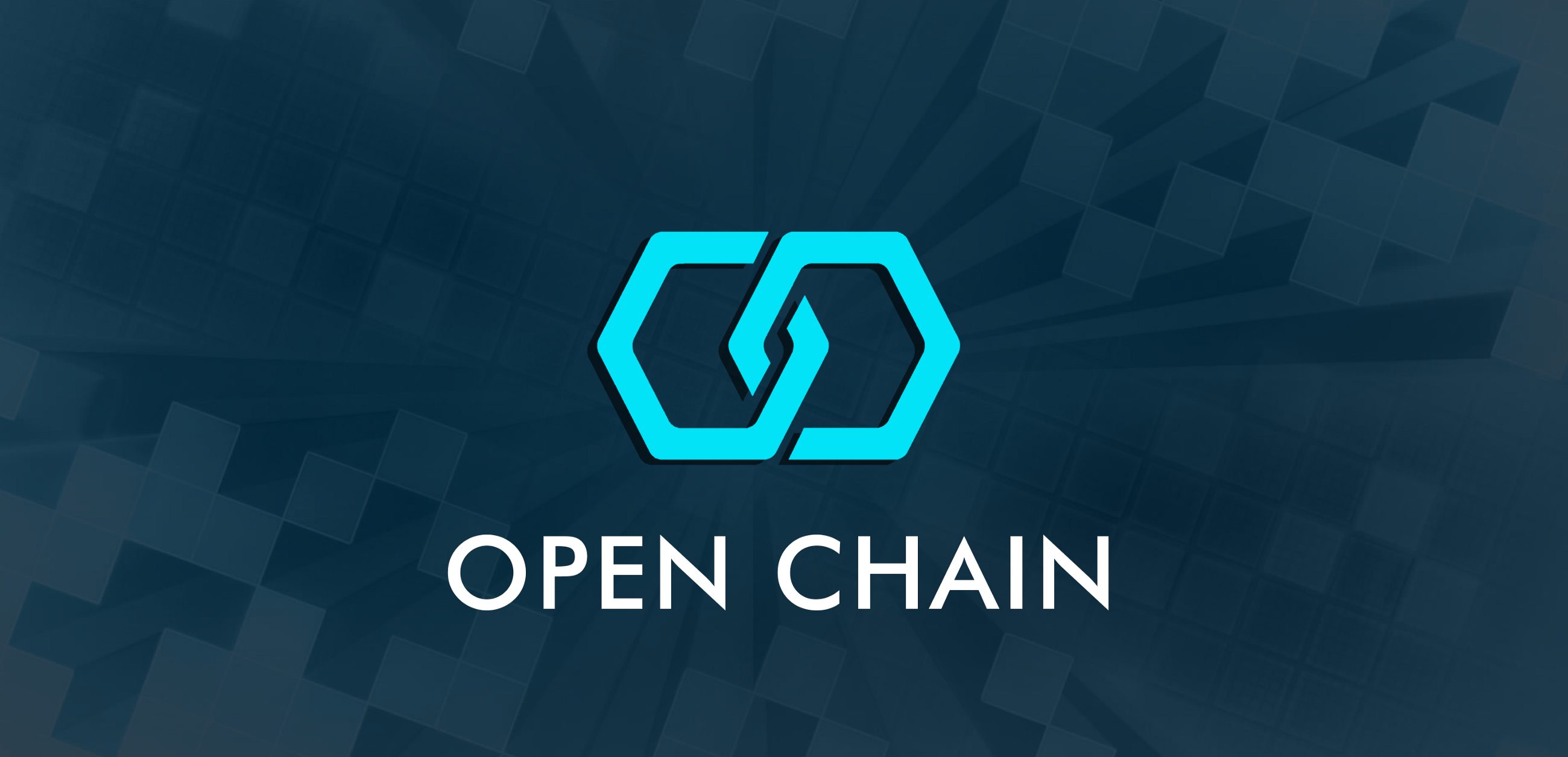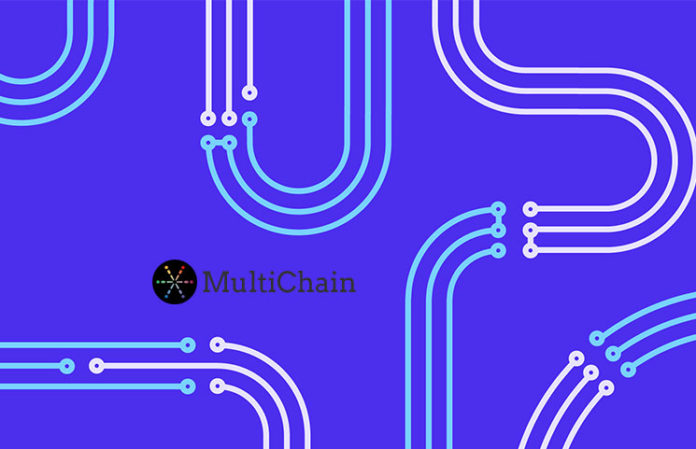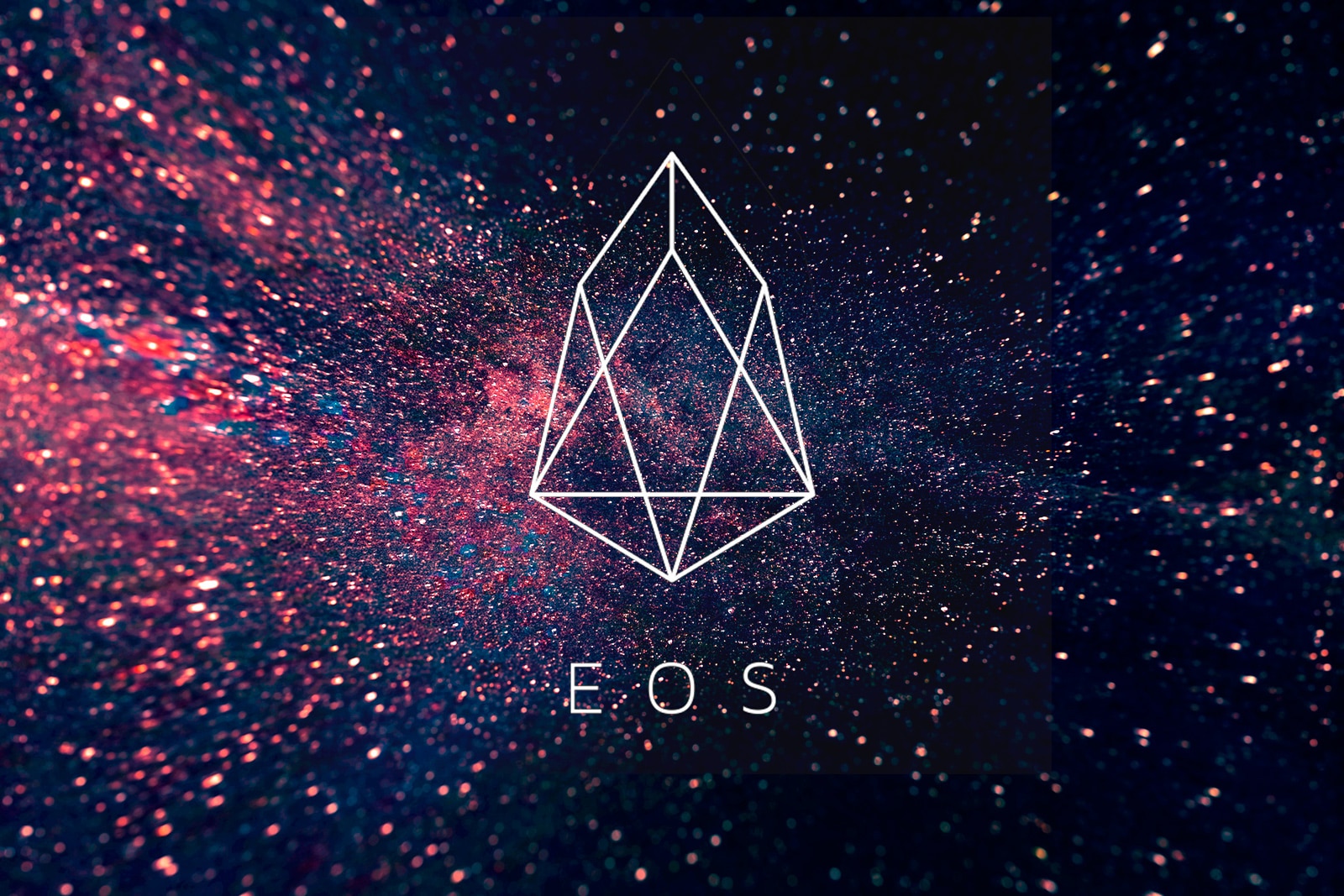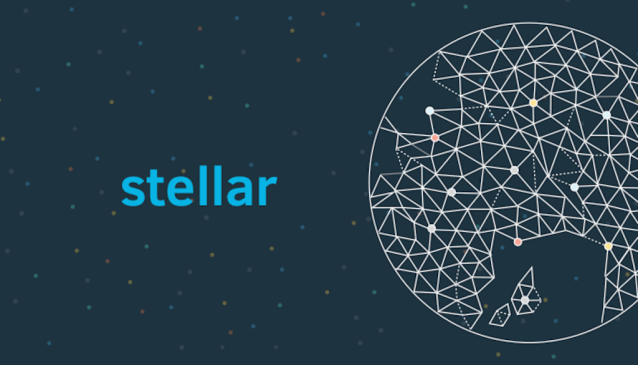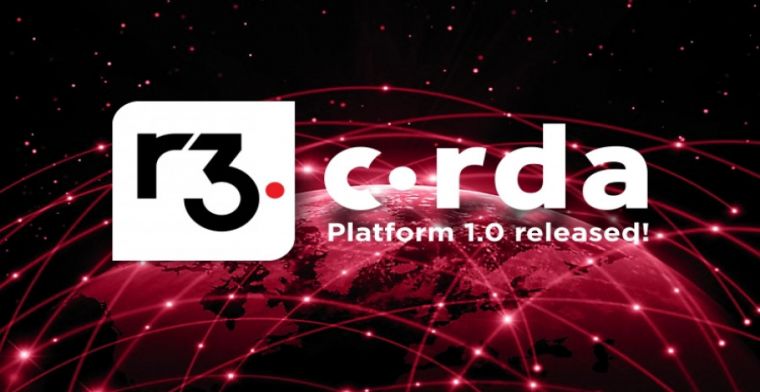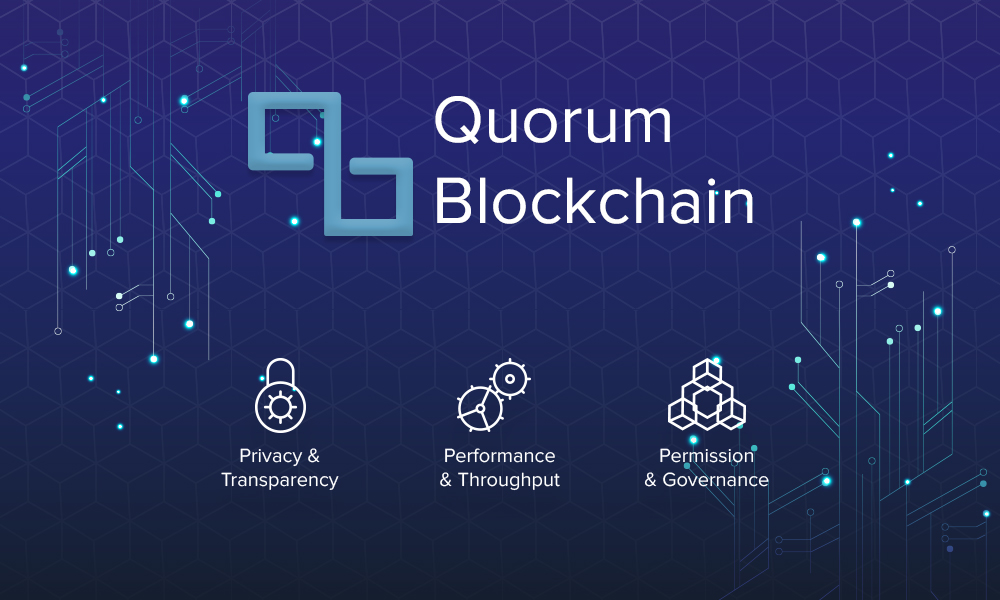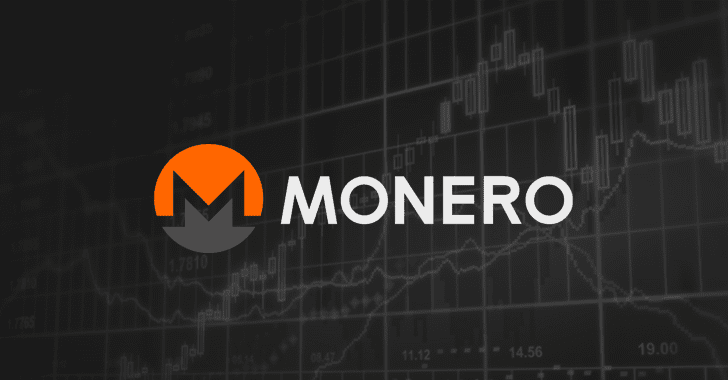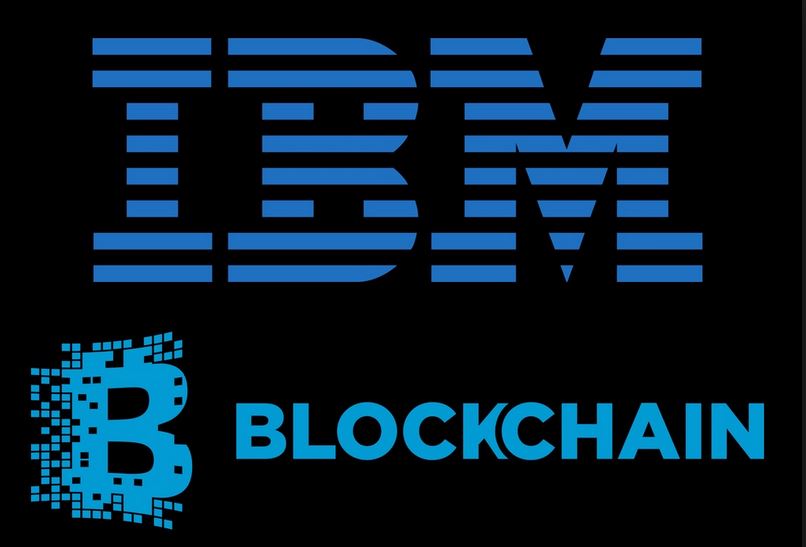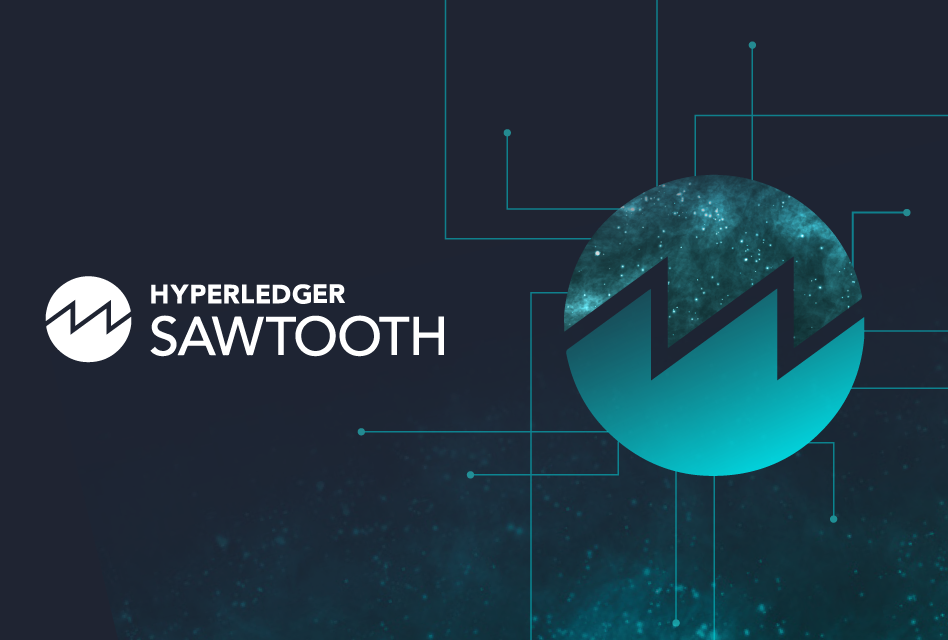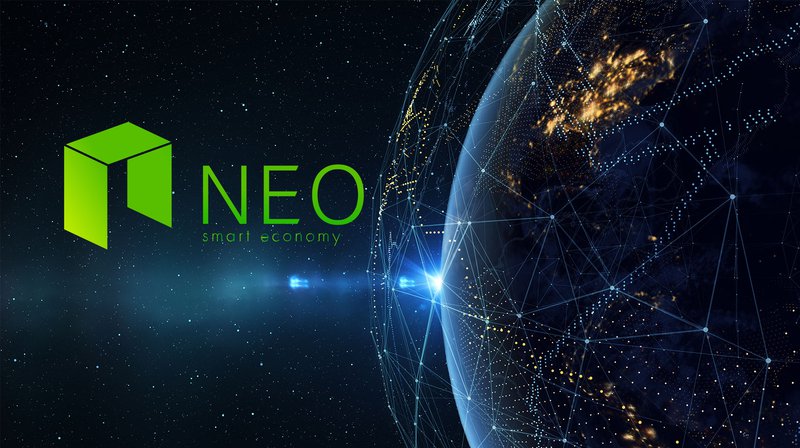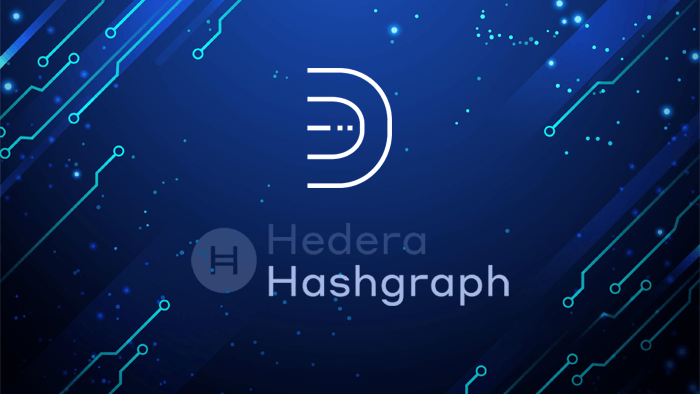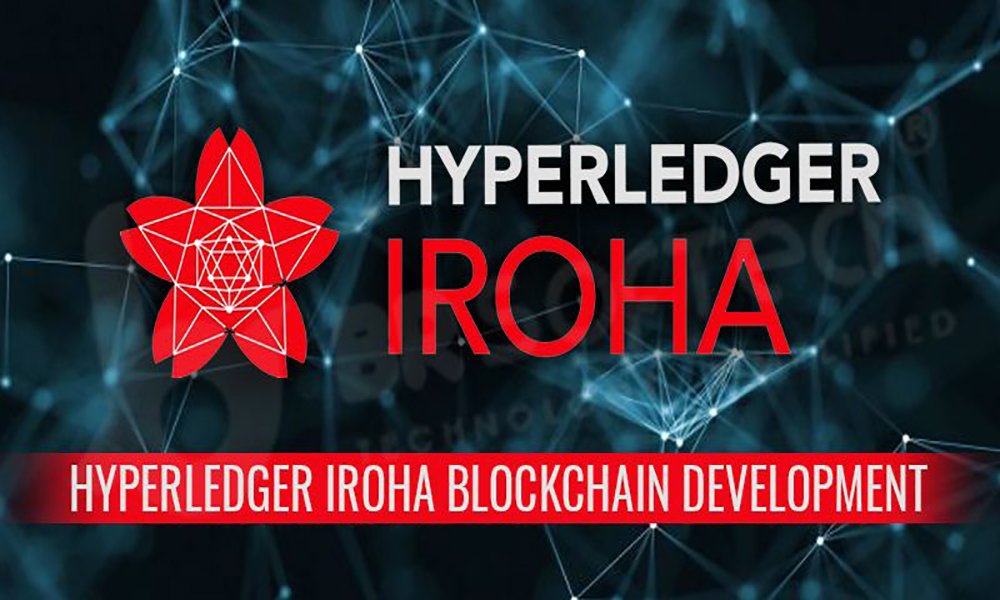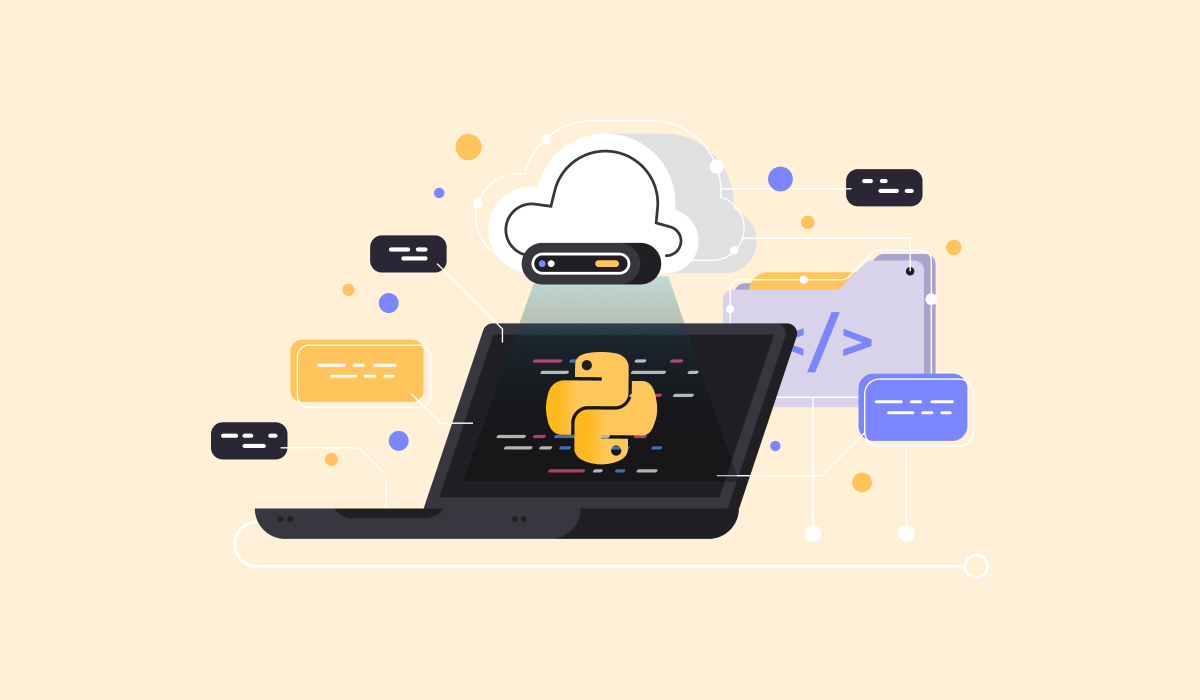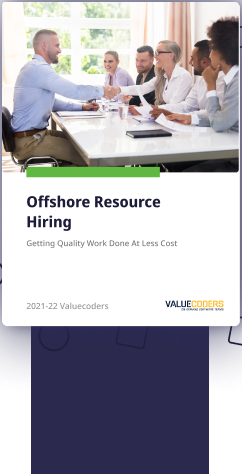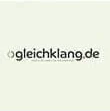Do you own a business?
Looking for the best blockchain platforms to build your next business app?
Here we have listed the top 15 blockchain platforms to look.
Blockchain Platforms: Creating A “Decentralized” World of Technology
We live in a world that has been dominated by centralized technologies. But unlike other tech solutions, blockchain is one of those technologies that gets there, offers the benefits of guaranteed secured transactions, cybersecurity, and yet is decentralized. However, when considering all the different types of blockchain we know of, we could say that Blockchain technology is essentially a “Centralized World” that has no center.
In this post, we are giving you a brief overview of blockchain platforms that can help your business rapidly implement your next big idea for blockchain application development. Enterprises, startups, and SMEs widely use blockchain platforms that are listed here. To develop dApps on the latest blockchain platforms hire blockchain developers to work on your project.
List of Top 15 Blockchain Platforms to Use in 2023
But before that, we have listed some of the important factors to help you decide the best blockchain platform for your blockchain development.
-> Blockchain Networks: Public, Private or Permissioned
-> Consensus Type: Proof of Work, Pluggable, Partionned, etc.
-> Pricing: Free, Open Source Or Paid
-> Supported Languages: C, C++, Python, Java, JavaScript, etc.
In addition, we have also prepared our list of the best blockchain platforms according to market reports and company spending on blockchain technology.
Now, let’s dive in and check out what each of these blockchain platforms has to offer your business.
1) Ethereum
- Type of Network: Smart Contract and Public
- Pricing: Ether for Transactional and Computational Services
- Supported Languages: Python, Go, C++
- Consensus Type: PoW (Proof of Work)
Ethereum blockchain platform has created a lot of buzz in the market. It is also one of the best blockchain platforms to use in 2019. Ethereum is an open-source blockchain platform known for running smart contracts on the custom-built blockchain network.
Moreover, it is also the best platform for developers to build decentralized applications and democratic autonomous organizations (DAOs). Unlike the Bitcoin protocol, Ethereum facilitates the secure trading of smart contracts and cryptocurrency.
Ethereum is considered by many and has certainly become the industry-leading blockchain platform for enterprises. Hence, making it one of the best platforms for building enterprise-grade apps.
2) Hyperledger Fabric
- Type of Network: Permissioned
- Pricing: Open Source
- Supported Languages: Python
- Consensus Type: Pluggable Framework
Hyperledger Fabric is also on our list of the best blockchain platforms. It stands in third place and is an open-source blockchain platform for building blockchain technology-based applications on a modular architecture.
The platform offers many technological advances that are important for the development of smart applications for industries like finance, supply chain, manufacturing, and technology.
Furthermore, the platform also offers decentralized hosting and decentralized storage of applications with smart contract capability. Hyperledger Fabric blockchain platform is designed for permissioned networks, enabling participants in a network to take part in the blockchain.
Hence, enterprises and companies like IBM invested in the Hyperledger Fabric for building enterprise-grade applications using the blockchain platform.
3) OpenChain
- Type of Network: Private Network
- Pricing: Open Source and Free Pricing
- Supported Languages: JavaScript
- Consensus Type: Partionned Consensus
OpenChain is also one of the preferred most blockchain platforms that’s why comes second on our list. It’s a secured open-source distributed ledger technology platform developed by Coinprism and is well suited for organizations that wish to manage and preserve their digital assets.
It is based on a peer-to-peer network and has a single-point control for validating payment transactions and for the assets exchanged online. Furthermore, OpenChain works on the partitioned consensus that’s why all the transactions are free of costs, and every transaction on the ledger is validated by an asset owner or through a digital signature.
Explore Top Blockchain Platforms and Development Solutions.
4) MultiChain
- Type of Network: Permissioned
- Pricing: Free and Open Source
- Supported Languages: Python, C#, C++, JavaScript
- Consensus Type: Probabilistic Voting (Passive)
Multichain blockchain platform is the best choice to build and deploy distributed ledger applications instantly. This tool also allows better performance and scaling of your app as compared to other technological platforms. With the MultiChain blockchain platform, you don’t require to learn a new programming language to develop a new smart contract software solution and applications.
Multichain blockchain platform is compatible with Bitcoin and its main strength is its open-source platform. It is also available for free and has a strong following on Github. Moreover, developers can use this platform to create multiple key values, time series, or identity databases on blockchain technology. It is also good for the encrypted archiving of programs with an advanced level of data sharing and timestamping. Hire blockchain developers to help you with all kinds of development services.
5) EOS
- Type of Network: Permissioned
- Pricing: Open Source
- Supported Languages: C++
- Consensus Type: Delegated Proof-of-Stake
EOS is also on our list of top blockchain platforms. It is yet another way to secure and ease the way people exchange, buy, and trade datasets on smart contracts. EOS is an open-source network launched last year by a private company Block.one in June 2018.
It is based on the concept of decentralized technology that offers an end-user the capability to perform various tasks on the EOS platform. It also eliminates the need for fees for its users, which means a user need not pay anything to avail the benefits of a dApp based on EOS.
Moreover, the EOS blockchain platform performs consensus by using the proof-of-stake algorithm and also have their own community forum named as EOS forum enabling developers to discuss their queries related to the blockchain technology.
Also Read: 9 Industries Where Blockchain Can Trigger Breathtaking Transformations
6) Ripple
- Type of Network: Permissioned
- Pricing: Open Source and Free
- Supported Languages: Python
- Consensus Type: Probabilistic Voting
Ripple blockchain platform is best-known among the community of payment providers, banks, and corporates. The platform is suitable for cross-border payments solutions. It allows banks to transact directly across national borders.
In addition, Ripple is the best blockchain platform to use for large-size business institutions rather than SMEs or individual users. One of the large financial institutions had adopted this for its ease of reliable cross-border payments. It also makes it one of the most sought-after blockchain platforms in 2019. Ripple allows global payments to be done through “XRP or Ripple” which is a popular form of digital asset for cryptocurrencies like Bitcoin and Ether.
7) Stellar
- Type of Network: Public & Private
- Pricing: Open Source
- Supported Languages: Javascript, Java
- Consensus Type: Stellar Consensus Protocol
Stellar is a distributed ledger network based on blockchain technology and offers a fast, and cost-effective cross-border payment solution to business enterprises and individuals. With the Stellar blockchain platform, it is possible for developers to build mobile wallets and smart banking tools like the Paypal online payment sphere.
Stellar blockchain makes it possible to set consensus without using a closed system to record financial transactions. In fact, companies like ICICI Bank and RippleFox use the Ripple blockchain platform to speed up the process of cross-border money transfers and payments.
8) R3 Corda
- Type of Network: Permissioned
- Pricing: Open Source and Free Pricing
- Supported Languages: C++ and Javascript
- Consensus Type: Pluggable Framework
Launched in 2015, R3 Corda is an open-source distributed ledger blockchain platform that enables businesses to transact directly with smart contracts. R3 Corda operates on the permissioned network that allows only authorized participants to access the particular data, not the entire network. It enhances the level of privacy with its access control for digital records.
R3 Corda blockchain platform doesn’t support cryptocurrency or token-based payments and only allows authorized participants to access the payment data, not the entire network. It is one of the best blockchain platforms for the financial industry. But now it can be used for various industries like supply chain, healthcare, and government organizations.
Therefore, HSBC, Bank of America, and other financial institutions invest a lot into R3 Corda because of its fine-grained process of controlling digital records.
9) Quorum
- Type of Network: Permissioned
- Pricing: Open Source and Free
- Supported Languages: Python
- Consensus Type: Majority Voting
Quorum blockchain platform was founded by J.P. Morgan and it is also one of the preferred most blockchain platforms for businesses and financial markets. That’s why many financial companies add it to their operations. With its distributed transaction ledger system it makes your transactions private by cryptography. Based on the principles of privacy and decentralization, Quorum has gained strong support from the developers’ community.
It is an open-source blockchain platform. It is basically designed to handle applications that require a high level of private transactions. Quorum resolves the issues of privacy of records on the digital platforms that other blockchain platforms failed to handle.
10) Monero
- Type of Network: Private and Secured
- Pricing: Open Source and Free Pricing
- Supported Languages: C, Javascript, Python
- Consensus Type: Pluggable Framework
Monero was launched in 2014. It is an open-source blockchain platform. It secures your digital cash transactions operated in the network of users. These transactions are then recorded on the blockchain. There is no need to include third parties to keep your money safe.
Monero blockchain platform works as a privacy token and that’s why it is the most preferred blockchain platform in the cryptocurrency markets and it is much like Bitcoin. It’s the best blockchain platform with a greater level of transactional privacy. Monero works on three different privacy measures to maintain the anonymity of users.
The first one is Ring signatures that allow the sender to hide data & details among the group of users. The second one is Ring confidential transaction that secures transactions by completely hiding the data, payment origin stn address and trustless coin generation. The third one is stealth addresses. This allows a sender to create a one-time address for a single transaction. After that, it is generated randomly by the user.
Also Check: TOP BLOCKCHAIN DEVELOPMENT COMPANIES TO IMPROVE YOUR BUSINESS EFFICIENCY
11) IBM Blockchain Platform
- Type of Network: Permissioned
- Pricing: Free and Paid Plans for Upgraded Applications
- Supported Languages: Go, Java
IBM has also led the blockchain market by taking a step forward with its IBM blockchain network 2.0 beta. The platform enables thousands of companies across different industries to build blockchain applications. The new version of the IBM blockchain platform offers you the ultimate deployment flexibility, scalability, and control over other components of the application development. You can try IBM’s 2.0 beta for free.
IBM blockchain platform provides everything you need to build a business application. From the acceleration of creating blockchain applications in cloud environments to the addition of Kubernetes-based architecture, it provides you deployment flexibility, centralized user interface, support of technologies like IoT, Hyperledger Fabric SDK, AI data analytics, and an updated set of developer tools.
12) Hyperledger Sawtooth
- Type of Network: Permissioned
- Pricing: Free and Open Source
- Supported Languages: Python
- Consensus Type: Pluggable Framework
Founded by Linux Foundation, Hyperledger Sawtooth blockchain platform is based on the permissioned blockchain network. It is one of the advanced-grade blockchain platforms for creating, running, and deploying applications based on the distributed ledgers. This platform allows enterprise-grade applications to choose consensus algorithms, permissioning, and transaction rules.
Hyperledger Sawtooth is an open-source blockchain platform that helps specify the business rules for your application. One of the best things about Hyperledger Sawtooth is that Kubernetes will manage the application. It will radically simplify the process of application development, deployment, and ongoing management of the development process.
Unlock the Potential of Blockchain with Cutting-Edge Platforms and Services.
13) Neo Blockchain Platform
- Type of Network: Permissioned
- Pricing: Free and Open Source
- Supported Languages: C#, Java, and Python
- Consensus Type: Delegated Byzantine Fault Tolerance
Neo blockchain platform is an open-source network that uses blockchain smart contracts for managing digital assets. Neo was founded in the year 2014. It is available on GitHub in June 2015. Neo is also one of the best blockchain platforms that facilitate the P2P exchange of digital assets and currencies without the need for adding third-party exchanges.
Neo blockchain platform has its own native currency called “Neo” which helps you pay transaction fees to run your app on the Neo network. The infrastructure of Neo supports various forms of digital assets and you can also use digital certificates to securely build your application on the Neo network.
14) Hedera Hashgraph
- Type of Network: Permissioned
- Pricing: Free and Open Source
- Supported Languages: Python
- Consensus Type: Asynchronous Byzantine Fault Tolerance
Hedera Hashgraph is also one of the best blockchain platforms for building enterprise-grade decentralized applications. This blockchain platform is made for blockchain app developers. Furthermore, they can create a trusted place for using digital currencies and digital platforms for online payments.
Therefore, if you opt for the Hedera Hashgraph blockchain platform, in turn, you’ll receive a secured platform to manage all your cryptocurrency payments without including any intermediaries. Moreover, the platform work on an asynchronous byzantine fault tolerance algorithm to provide blockchain developers with a high level of security.
With the functionality of smart contracts, Hedera Hashgraph uses the Solidity language to create an entirely new type of application for your business firm.
15) Hyperledger Iroha
- Type of Network: Permissioned
- Pricing: Free and Open Source
- Supported Languages: C++, Python, Java, JavaScript
- Consensus Type: Chain-based Byzantine Fault Tolerance
Hyperledger Iroha is also one of the best blockchain platforms to build a modularized distributed ledger system. It supports both Linux and macOS. It creates fast and secure dApps. Moreover, it uses the supply chain and IoT solutions.
C++ language was used to write this blockchain platform. IT also includes features of a chain-based Byzantine fault-tolerant consensus algorithm. Moreover, it provides a small set of commands that help in the management of the most common form of digital assets and digital identity.
Also Read: Top 7 Blockchain App Ideas Bolstering the Business Growth
Conclusion
In Conclusion, we hope this list of blockchain platforms gives you enough information. And, hope you will be able to choose the best blockchain platform for your business project. You should focus on the above-listed blockchain platforms before starting with your blockchain-powered app development.
In addition, we are also in the process of getting more information on a few of the above blockchain platforms in detail. If you have any idea that can help us improve this list of our blockchain platforms, then we would like to hear from you.
Therefore, feel free to comment below and we will catch up soon. Or, if you are thinking of building your next business app using a blockchain platform but are unable to decide where to outsource your work, no need to worry about it.
At ValueCoders (custom software development service), we as the best IT & software development outsourcing company have an efficient team of blockchain app developers who have successfully delivered more than 500 apps across 20+ countries and continually catering to the needs of clients looking to hire blockchain developers.
With 18+ years of experience, 2,500 satisfied customers, 97% of client retention rate, and 4,200+ projects, ValueCoders have worked with startups, digital agencies, and enterprises and helped them in their blockchain development work at less cost and time. Being a top blockchain development company, we have expertise in delivering top-quality apps with a list of blockchain platforms.


